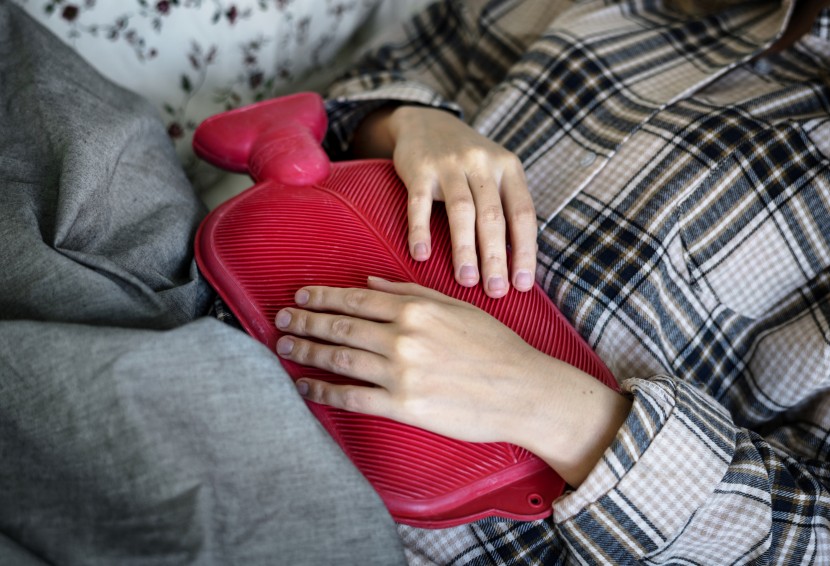
What's more nightmarish than a never-ending period? Maybe not knowing why it is happening. That is the shocking reality for a TikTok user who has endured periods for 1,000 days straight — and doctors still do not have answers.
The mysterious medical journey of TikTok user Poppy began three years ago when she started experiencing continuous bleeding, the condition that has baffled both her and medical professionals ever since.
Although she was diagnosed with polycystic ovary syndrome (PCOS), the doctors confirmed that it was not the real cause of her bleeding. Despite undergoing numerous medical consultations, multiple scans, and being prescribed various treatments, including period-suppressing medications and intrauterine devices (IUDs), nothing worked for her.
"I've had every test, every treatment, every medication they can offer me," Poppy, who has been candidly documenting her ordeal on social media, said in a video.
"My iron levels? Rock bottom. The cramps? Awful. All of my muscles hurt, my bones hurt. I have constant headaches, constant nausea," she said.
After years of frustration searching for answers, she may have finally uncovered the root cause after 950 days of prolonged bleeding, thanks to inputs from her TikTok followers. Ironically, it was a detail that had been visible in the very first scan she underwent.
"It was picked up on the very first ultrasound I had, and no one thought to mention it to me," she said in a recent video.
"Turns out, I have something called a heart-shaped uterus, and that could be the cause of all my f–king problems. This was something that was picked up on my very first ultrasound on month three or four of bleeding," she said.
A bicornuate uterus is a rare congenital condition in which a woman is born with a uterus shaped like a heart rather than the typical pear or round shape. Instead of forming one unified, hollow cavity, the uterus is divided into two sections, which can significantly impact menstrual health and fertility. The condition affects less than 0.5% of females. This structural anomaly often goes undetected until symptoms arise or during pregnancy.
Common symptoms include frequent or prolonged vaginal bleeding, irregular or heavy periods, and intense menstrual cramps. Some women may also experience chronic pelvic pain or discomfort during intercourse, a condition known as dyspareunia. Another common complication linked to bicornuate uterus is the risk of recurrent miscarriages and preterm labor.
After suspecting that her symptoms could be linked to a bicornuate uterus, she has scheduled a comprehensive hormonal panel to check for imbalances that may be fueling her condition. She also plans to have her IUD removed as they have failed to bring any relief. In addition, doctors will perform a dilation and curettage (D&C) procedure to scrape away any abnormal tissue from her uterine lining.
But perhaps the most promising development in her journey is the prospect of corrective surgery to address her heart-shaped uterus. The idea of finally living without daily bleeding is almost unimaginable, a possibility she describes in one word: "heaven."
Originally published on Medical Daily








